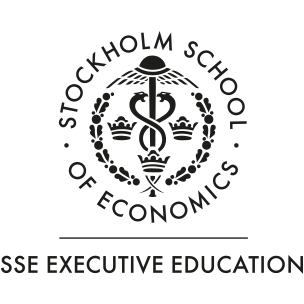Winter podcasts 2016
We are very proud to introduce this year’s Winter podcasts from SSE Executive Education. Five distinguished scientists from Stockholm School of Economics shares inspiring research results, tips and advice for important leadership challenges 2017.
Please enjoy!
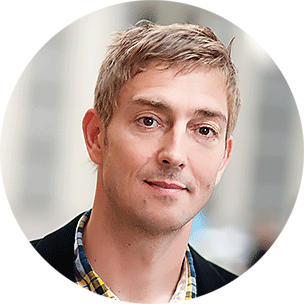 Be twice as effective with volume AND variety
Be twice as effective with volume AND variety
At the microphone: Martin Sköld, Researcher and Associate Professor at the Stockholm School of Economics and author of the book “Twice as effective – the art of achieving more by using less.”
According to Martin Sköld, most organizations choose one of two business models: either they focus on high volumes or on high levels of customization. Traditional thinking is that organizations can’t do both. But why should they have to choose? Martin Sköld claims that these models can be combined, and that such an approach can provide significant competitive advantages for those who succeed. Here you can listen to Martin’s thoughts and advice to all leaders who want their businesses to be twice as effective.
To the podcast with Martin Sköld (in Swedish)>>
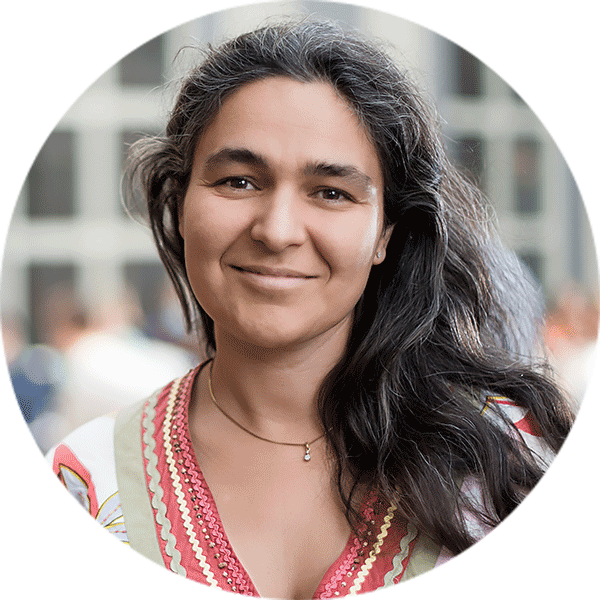
Ethical diversity – what is going on?
At the microphone: Laurence Romani, Assistant Professor at the Department of Management and Organization, and a researcher at the Center for Advanced Studies in Leadership at the Stockholm School of Economics. Laurence leads the research project “Leading Cultural Diversity Ethically.”
Working with diversity has become increasingly important for many companies and organizations. But it is not always easy, and sometimes it becomes counter-productive. The research project Leading Cultural Diversity Ethically aims to identify why companies should work with diversity and how they can develop more inclusive leadership and businesses. But before a company can begin its work on diversity, it must take its own pulse. In this podcast Laurence Romani talks about the research project and about the ways in which companies are working with diversity, and doing so ethically.
To the podcast with Laurence Romani >>
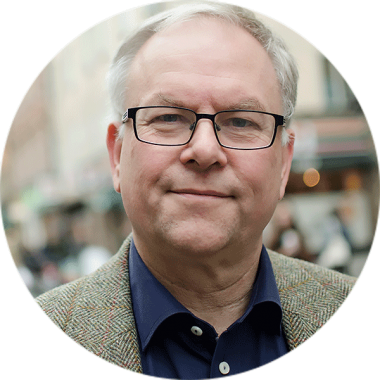
Multi-dimensional leadership and “wicked problems”
At the microphone: Mats Agurén, PhD and author of the book “Matrix Manifesto – leading multi-dimensional organizations.” Mats is a member of the faculty at SSE Executive Education, working on many programs including a new online program about multi-dimensional leadership.
Until the late 1990s, the matrix was hailed as the organizational structure of the future. But then something happened: multi-dimensional organizations were criticized for not delivering adequate results. But despite this, the matrix organization has endured and it is, according to Mats Agurén, very effective, if used correctly, ie to deal with problems that do not “fit”. In this podcast, we find out about effective multi-dimensional leadership and about creating organizations to fit the problems they’re aiming to solve.
To the podcast with Mats Agurén (in Swedish)>>
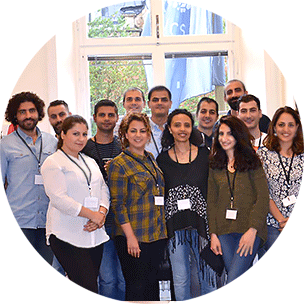
Education – the main route to integration
At the microphone: Kristina Nilsson, program director for RAMP at the Stockholm School of Economics, Rand Entabi, participant and new arrival from Syria, Michael Storåkers, entrepreneur and a founder of the program, and Pia Anderberg of Axel Johnson AB, one of the companies offering internships within the program.
RAMP – Rapid Acceleration Management Program – at the Stockholm School of Economics aims to help newly-arrived professionals into Swedish business. In this podcast, Kristina Nilsson, program director for RAMP, explains how Sweden’s competitiveness can be boosted by taking advantage of the skills that come into the country with new arrivals. Rand Entabi, newly-arrived banker from Syria, describes how the program is helping her to integrate into the Swedish labor market. The entrepreneur Michael Storåkers, a founder of the program, explains why he thinks that education is the main route to integration. And Pia Anderberg of Axel Johnson tells how the company’s RAMP intern from Syria is enriching their workplace.
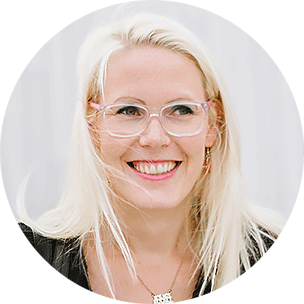 Are your research sources reliable?
Are your research sources reliable?
At the microphone: Anna Dreber Almenberg, Professor of Economics at the Stockholm School of Economics and researcher on topics such as replicability of research and the credibility of research results.
To critically evaluate information and sources is a necessity to make the right decision. Research-based information is in high demand, but according to Anna Dreber Almenberg we also need to be critical of research findings. A general phenomenon is that many scientific tests are actually not replicable. It is not possible to repeat the experiments on larger samples and achieve the same results. This means that in many cases research findings are not credible. So where is the problem? In which part of the research process are mistakes being made? And what will the consequences be in the long run? In this podcast, Anna talks about her research and her work to highlight the problems of non–replicable research results.
To the podcast with Anna Dreber Almenberg >>
More time for inspiration?
SSE Executive Education has access to an amazing network of experts and produces podcasts and articles regularly. You will find these in our inspiration area.
